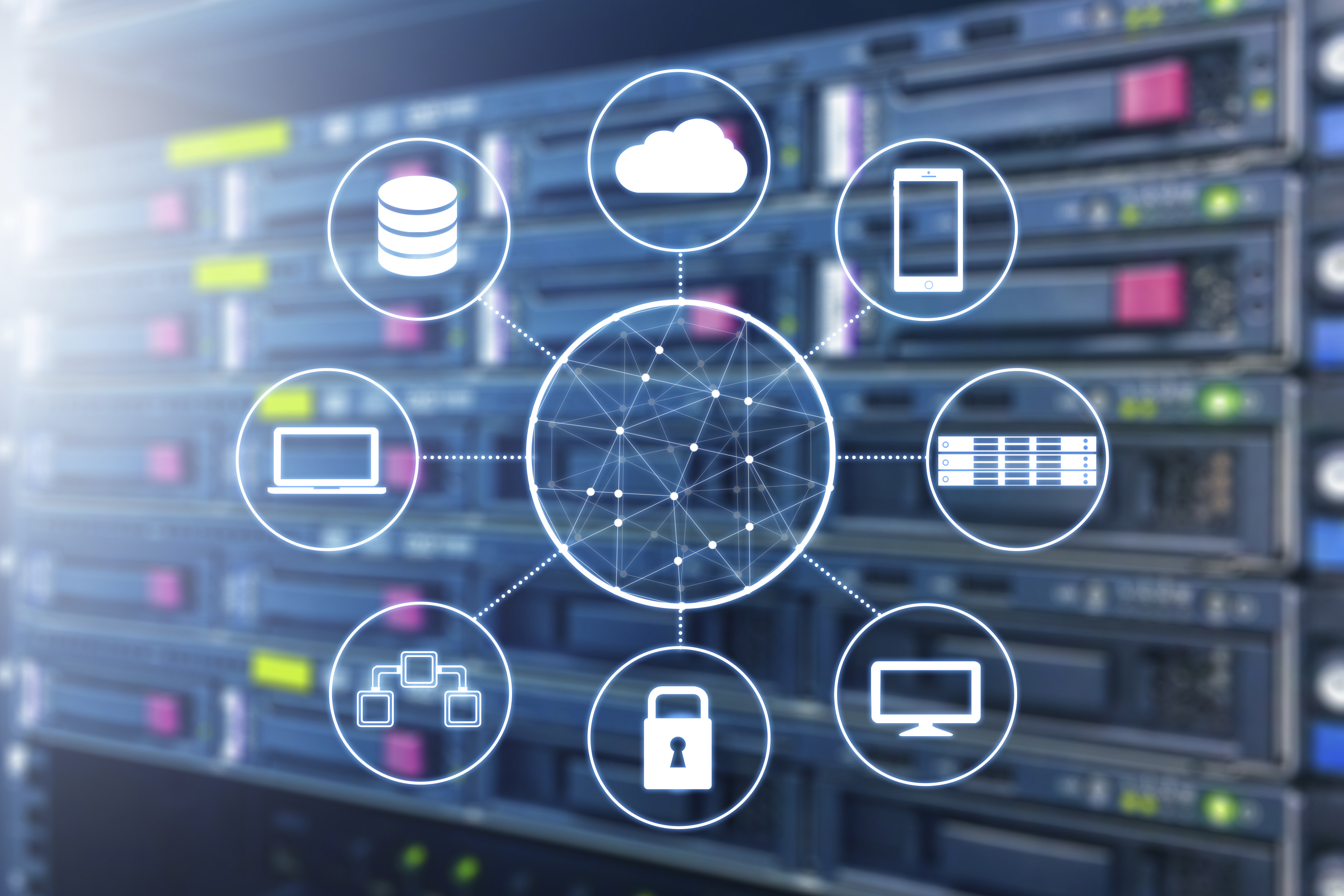How the cloud can save you from disaster?
What if your business lost everything? What if your worst nightmare came true? Imagine waking up one morning, drinking your coffee, and then logging into your systems to find half of your data gone and the other half corrupted entirely.

Panic rises inside your chest as you desperately work to get your systems back online. The worst-case scenarios run through your mind: If you can’t get the data back you could lose thousands of dollars from just today alone. You try to keep calm, and then suddenly as if in a cartoon, a light bulb clicks on in your mind: You’re saved! You remember now that you bought that cloud system to back up your data!
A moment later, the hope comes crashing down to the floor. Though you had a cloud system storing your business’ data, it had not backed up for nearly a month. A cold chill washes over you as the realization sets in: You have lost the most recent month of your data, all the projects your teams had been working on, and all the financial statements… All lost into the abyss of corrupted data.
Now what do you do? Where do you turn? Are you able to financially recover from the loss of valuable data to your business? Data recovery could cost thousands of dollars with no guarantee of full recovery. In the event of a ransomware attack, you may find your system taken hostage by hackers and facing millions of dollars in ransom to get it back. However, there is no guarantee that the hackers would return everything to you in its entirety.
Why is the cloud a vital investment to your company? Because it could save your company from disaster.
What is the cloud?
The cloud basically offers you a way to store your data or other items on an internet server, where it can be accessed by other devices that have the login for that data. For instance, if you have an iPhone, the data that is saved to your iCloud is being stored at data centers that Apple has set up to store Apple users’ cloud data. Your data is essentially downloading to another computer at an Apple data center and it’s openly available to you via internet access.
Before the cloud existed, we would store data on our own computer hard drives. When space ran low, we would move data to floppy disks or flash drives. The cloud creates a place in which all that data is now stored in a single location.
How the cloud can save you from disaster?
- Accessibility – Allowing access to your data anytime through multiple devices.
- Hardware – With everything being hosted within the cloud, you will not need to worry about deleting files or data from your devices to maintain storage space.
- Flexibility – The cloud creates the perfect infrastructure for businesses to grow and share resources within their business to partners and employees. Along with having a strong backup (should your systems ever suffer a ransomware attack), businesses can feel secure in their data growth and protection.
- Implementation – Implementation is a breeze for small businesses. A cloud system comes with most devices that you purchase for your company. However, you can purchase more cloud space if needed, and often for just a small cost.
- Recovery – Thankfully, the cloud creates a fast resolution should you have data loss. For instance, if you lose a device through unforeseen circumstances but you’ve regularly backed up your data before the loss, all of your data is just a few keystrokes away from retrieval. You can rest easy knowing your data is safely stored in the cloud.
This is how the cloud can save you from disaster!
Is the cloud secure?
Just like anything else on the internet, the cloud is only as secure as you make it to be. Remember the cloud can save you from disaster. That means focusing on creating strong passwords, security keys, and using 2fa and other security measures to protect all of your data. However, is the cloud more secure than your computer hard drive? Well, yes! With how often our devices can suffer an accident, there is just as much risk to leaving your data on a hard drive. A virus from a well-placed phishing scam could corrupt your hard drive and take all of your files and data with it. Oftentimes the files are not fully recoverable should your hard drive become corrupted.
- Encryption – Securing data is the first priority with any cloud system. Encryption is how any cloud-based system protects its customers’ information. Encryption methods such as algorithms help conceal customers’ protected information. Hackers would need the encryption key to penetrate the security around your data. Encrypted information is not entirely uncrackable, however decryption is time consuming, and hackers prefer to focus on easier targets. Creating strong security passwords, pass phrases, and 2fa make you less of a target.
- Backup – The cloud is only as helpful and powerful as you set it up to be. Backing up is the key to success when it comes to cloud data storage. Depending on the size of your business you may want to backup every day or every few hours. A ransomware attack is the boogie man of the internet. Should anyone break through your defenses and take your data hostage, you can save yourself a huge headache and money if you have kept a consistent backup cycle with your data. You can read more about ransomware attacks and how to make sure your data is secure here: https://www.datacomtechnologies.net/post/how-a-ransomware-attack-took-down-the-colonial-pipeline.
How do I secure my cloud?
We’ve discussed why it’s important to make sure everything is as secured as possible in the cloud, but now we’ll discuss a few ways to explain how you can ensure your data is safe.
Two Factor Authentication (2fa)
Two factor authentication just means you’re using two routes to get to the same destination. The destination is getting to your data, and the two routes can look like 1) using your phone number when logging in, and 2) a code will be sent to your phone where you will use the code and then a password to complete logging in. This creates a more complicated avenue for hackers to try to steal your information. The codes are ever changing, and your phone is always with you. As long as you have equally strong passwords and security on your phone, you can rest a bit easier.
Bio-metric Security
Bio-metric security is using what is unique to only you, such as your thumb print or even facial recognition. While this method may still seem strange to us, it is a very secure way to ensure your data is safe. Hackers will find it very difficult to replicate your face or thumb print.
Pass phrases
Pass phrases are a little different from your usual password. A pass phrase provides better security because it is longer and more complicated. A hacker might learn your password for your personal email by just observing your Facebook, discovering that your favorite color is purple, and your dog’s name is Max… They can quickly put together that your password is purplemax45. However, pass phrases can be longer which makes them harder to decipher. For example: myfavoritepizzaispineapplepizza. While a hacker might be able to figure out you like pineapple on your pizza. It is highly unlikely they would be able to correctly guess an entire word phrase about your pineapple pizza. Pass phrases create more work and bigger headaches for hackers, and they will soon abandon your data for easier prey.
We know that no security system will ever be fully one hundred percent secure. However, we want to get as close to one hundred percent as possible, while also having ease of access. Cloud-based systems are structured to fill all these needs at once: security, ease of access, and data storage.



